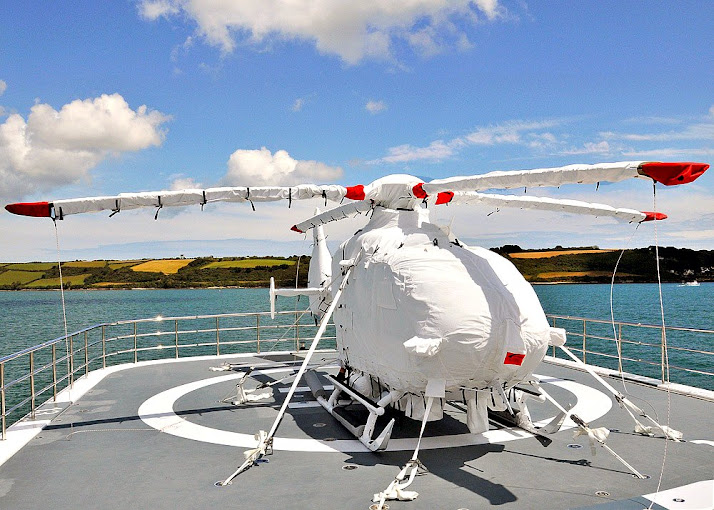RVDT many thanks.

John, you've been to Italy, Bravo! Well, that makes you alright then!

Thone1: You will probably get a more sensible response from the learnÚd RVDT but, for now, this is what I can offer:
To the best of my knowledge there is no prescribed limitation governing exposure to salt water environments - where for example a manufacturer stipulates that a craft may only spend "X" number of days at sea.
However, operators tend to employ a variety of responsive and preventative 'maintenance' measures in an effort to combat the effects of salt water corrosion. The primary responsive measure tends to be that of hosing the craft down with fresh water and of washing the engines (usually with a mixture of fresh water and detergent). The frequency of washing varies widely among operators with some religiously washing everything on a daily basis while others do so less frequently. To be fair to those who wash less frequently it does depend somewhat on circumstances. Some environments are more corrosive than others while the weather also plays its part as does the craft's tasking (there is less imperative to wash down if the craft has made a single sortie to the ship and is overnighting at a local airport for example).
Preventative measures may include spraying generous portions of the engine compartment and even components such as the swashplate and other areas with WD40 (or similar substance). In the 80's there was a product available in the form of engine exhaust blanks the inner surface of which was impregnated with some fluid (I don't recall what) which released a vapour into the engines and which (so it was advertised) offered a measure of protection against corrosion.
As you are doubtless aware .. salt builds up on pretty much everything when you are at sea and so another preventative measure is the use of comprehensive aircraft covers to protect against the accrual of salt.
But, as I say, there are others more qualified to comment on this subject.
I'll share one little secret with you though; when sourcing aircraft for my clients, I have in the past flatly refused to purchase those craft which have been 'at sea' as I just didn't have the confidence to be held liable for the potential effects of corrosion the signs of which may have escaped the pre-purchase inspection .. or were yet to manifest!
 A yacht-borne EC135 wearing her protective covers
A yacht-borne EC135 wearing her protective covers